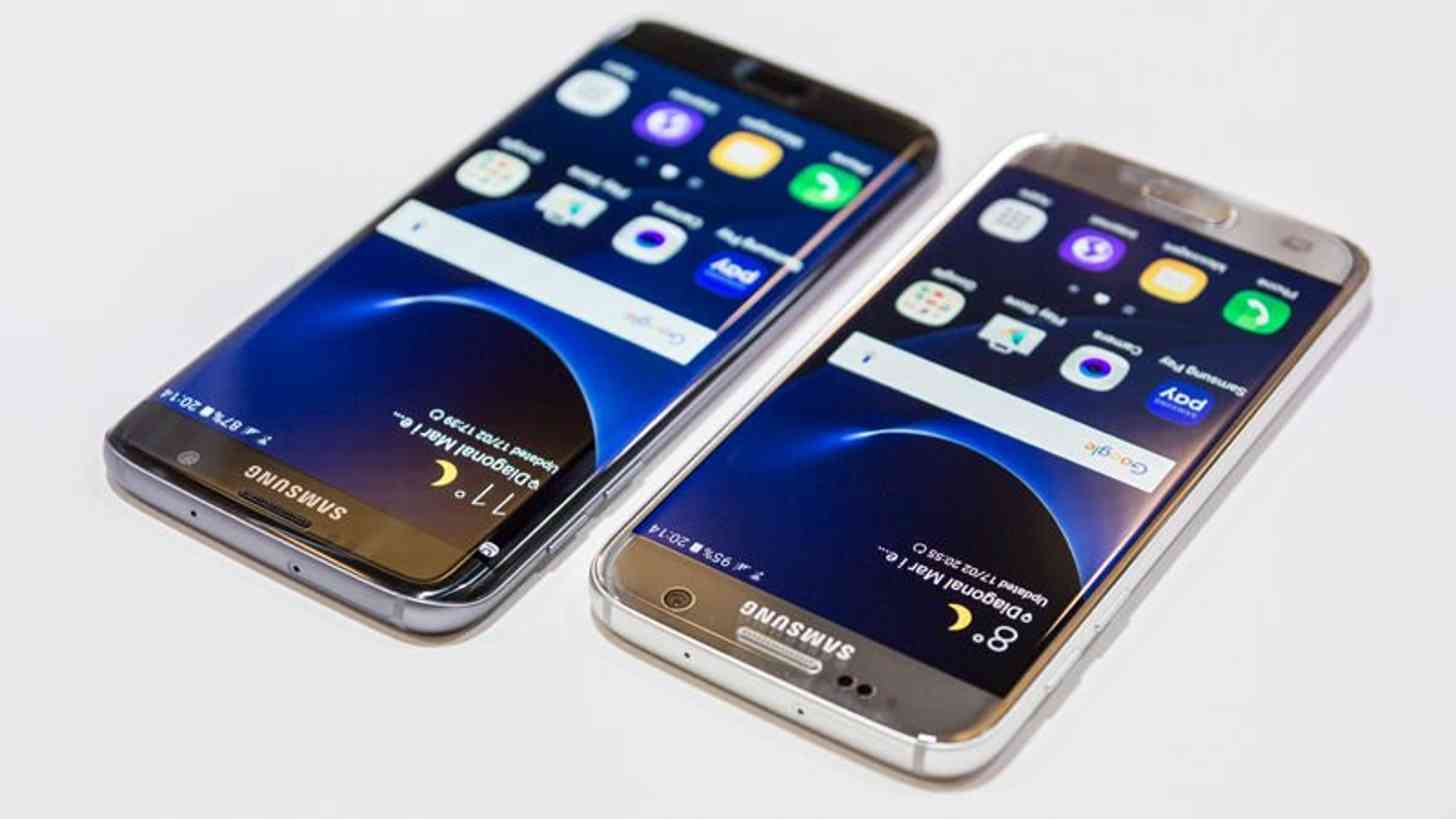
In 2015, Samsung introduced two different radically designed variants of the Galaxy S: the Galaxy S6 and Galaxy S6 Edge. Compared to previous versions of the Galaxy S brand, the Galaxy S6 duo were obviously quite different. They featured shiny glass backs and an aluminum frame, and carried an air of sophistication about them. For the first time, Samsung took all its criticisms over the past years to heart and revealed a device that was quite premium in nature, even if extremely fragile.
Aside from its premium design, there was another interesting aspect to the Galaxy S6. Although Samsung was no stranger to releasing numerous variants of their Galaxy S flagships down the line (Galaxy Zoom, Galaxy S Active, Galaxy S mini) the Galaxy S6 offered two variants straight out of the gate: one that was flat, and one that had curved edges. This seemed like a smart move; while the curved edges were new, exciting, and even innovative regarding its possibilities, it could easily be considered too different. After all, not all innovative ideas in the smartphone space are considered good innovations, and the Galaxy S6 already had a lot of newness going for it even without the edges.
The following year, Samsung released the Galaxy S7 and S7 Edge. Largely the same as the Galaxy S6 duo in design, the Galaxy S7 duo appeared to be everything the Galaxy S6 wish it could have been: better battery life, better palm rejection on the edged displays, and the return of the microSD card, which had surprisingly been removed from the S6 pair. The Galaxy S7 and S7 Edge would go on to be one of the most successful smartphones released in 2016, and remains a solid choice today, even after the launch date of the Samsung Galaxy S8.
Despite the Galaxy S8 further pushing the envelope of Samsung's innovative front, there was also something missing from the newest Galaxy S device. Instead of a flat variant and an edged variant, both variants have edges; the only difference between the two is their size. Although users have had two years of getting used to edged displays, there continues to be a thriving market for a flat variant as well.
For now, these demands are contained. As previously mentioned, the Galaxy S7 still remains a popular choice for those interested in upgrading their phone, especially now that they’ve had a price cut from the Galaxy S8’s arrival and a year to accumulate a healthy amount of used or refurbished models, which tend to be even cheaper. It’s easy to find a Galaxy S7 or S7 edge for below $300, under half the price the devices sold for new this time last year. Although not the latest and greatest, it’s certainly still worth considering (coming from a current Galaxy S7 and S7 Edge owner).
Soon, however, the S7’s remaining relevance will run out, and unless Samsung goes back to releasing a flat variant alongside its coveted edges, people who still have no interested in edges will likely look elsewhere. As somebody who hasn’t particularly enjoyed the edges (or it’s structural integrity, at least in my experience) I find that I still very much prefer the flat Galaxy S7 variant. And although I’m not a fan of the edged display or the glass back, I do enjoy the Galaxy S7 devices otherwise. They perform well, they have decent battery life, and even on my old AT&T variant the updates have been consistent and faster than I anticipated.
Without a flat variant, I’ve firmly decided that the Galaxy S8 will not be my next device. Even if they’ve improved palm rejection (which only happens once in a blue moon with me now anyway, considering I’ve turned all edge functionality off) I’m just not impressed with the way it feels. I like having a solid frame to hold onto, and that’s basically what it boils down to. Edged displays are not for me; therefore, I will not buy either Galaxy S8 variant. Perhaps Samsung will come to the same conclusion regarding the flat displays as they did about the microSD card. Maybe it will make a return next year. Maybe it won’t. Fortunately, while I find I enjoy Samsung’s devices more than I used to, I know there are plenty of other options out there that suit me better.
Readers, what are your thoughts on Samsung’s decision to omit the flat Galaxy S variant this year? Has it stopped you from buying the Galaxy S8?